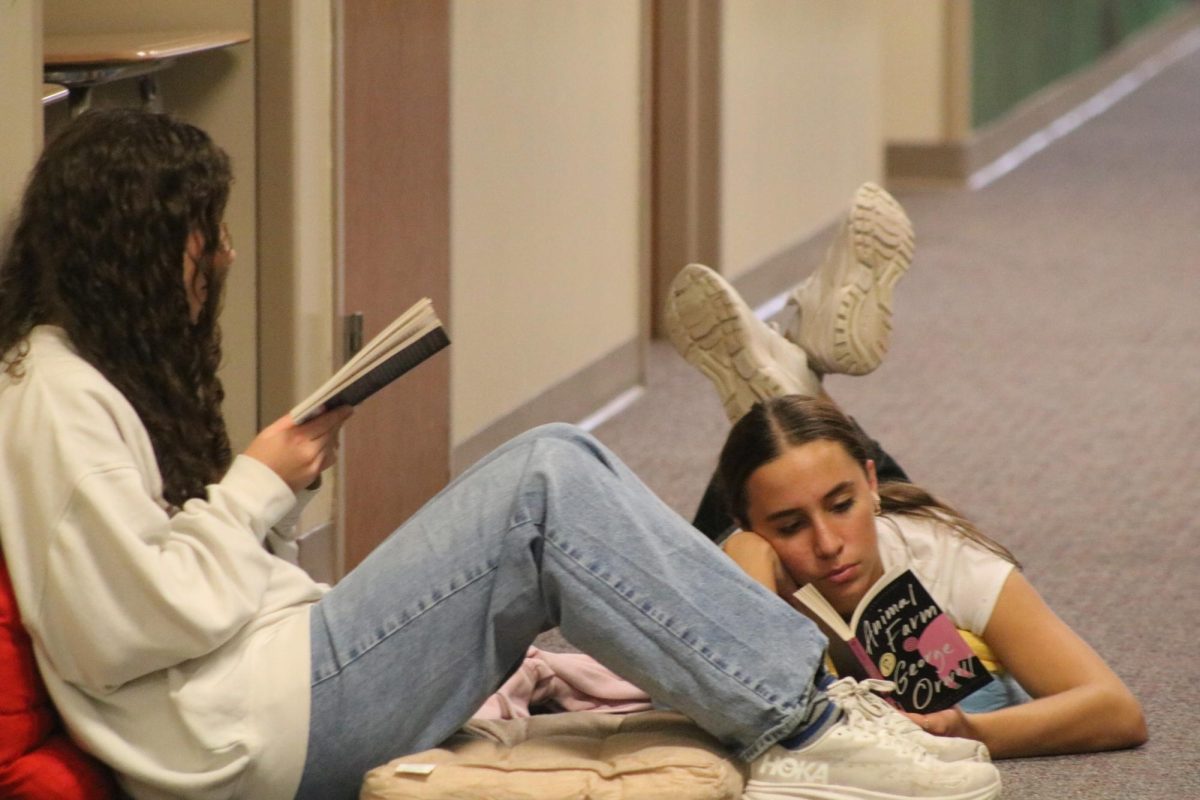The Trump administration’s push to abolish the Department of Education sparks a fierce debate over its role in funding and protecting vital programs.
The Department of Education has been at debate for years between Republicans and Democrats. With Republicans calling for its reform or elimination due to its growing budget and influence on policy, and Democrats advocating for its importance in funding lower-income communities and students with disabilities. While some groups, including teachers’ unions and parents’ organizations, have expressed concerns regarding programs funded by the department like ESSA Titles, the Republican party rebuttals that the Department of Treasury would better handle this funding through block grants.
On Tuesday, February 4, The Trump Administration confirmed to NPR News their plans of reform to the Department of Education, including changes to the Department’s role in student loans and federal funding. The looming executive order would include halting programs that are not protected by law and calling upon Congress to abolish the department entirely. However, the Trump Administration cannot close the department through the order alone.
In 1979 Congress created the Department of Education through the Department of Education Organization Act, and thus can only be reversed by an act or vote of Congress. Republicans narrowly lead the majority in the house however, to reverse/implement an act a two-thirds majority vote is required, so Republicans will need to secure seven additional Democrat votes.
Additionally, most of the Department of Education’s crucial funding is protected by law, and cannot be reversed unless a new act is adapted to reverse the Department of Education Organization Act. Funding protected by statute includes the following amongst others:
All of these programs – apart from being protected by law – hold large bi-partisan support in the House, and notable changes to any program seem improbable according to NPR News.
Dan Zibel, a former lawyer in the department and now chief counsel at the National Student Legal Defense Network confirmed that any change to these programs would require Congress’s vote to NPR News.







